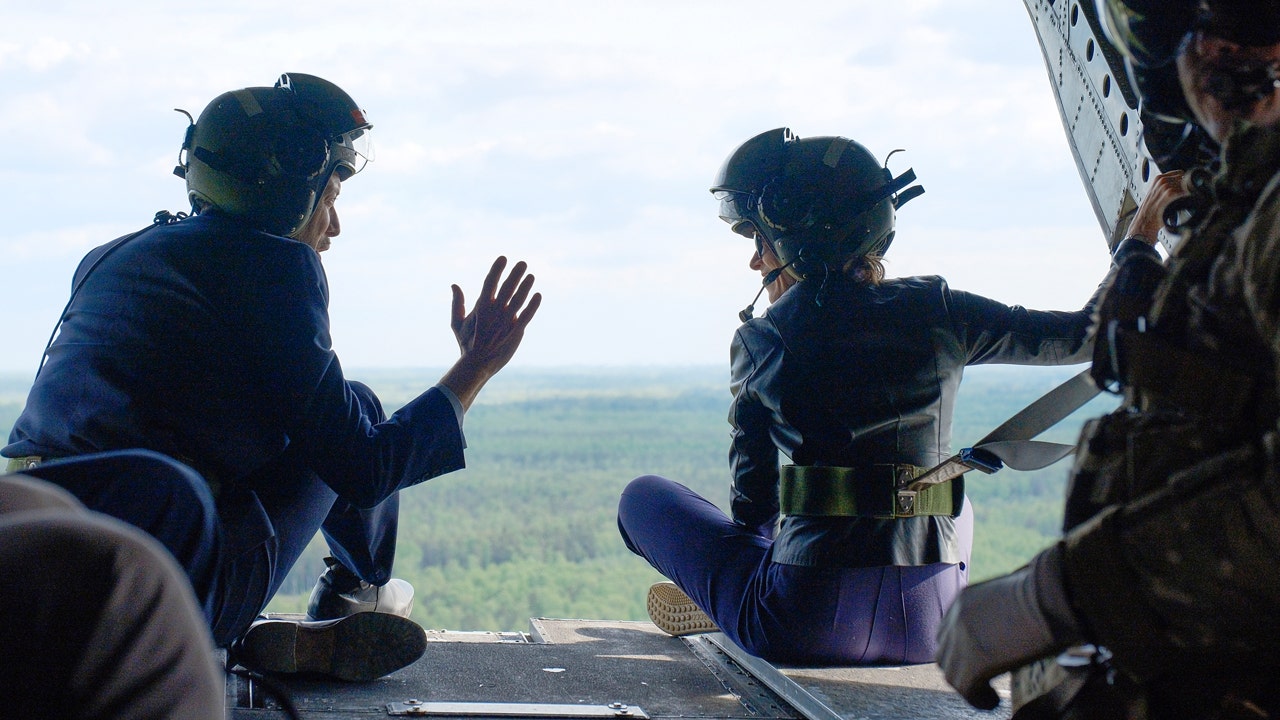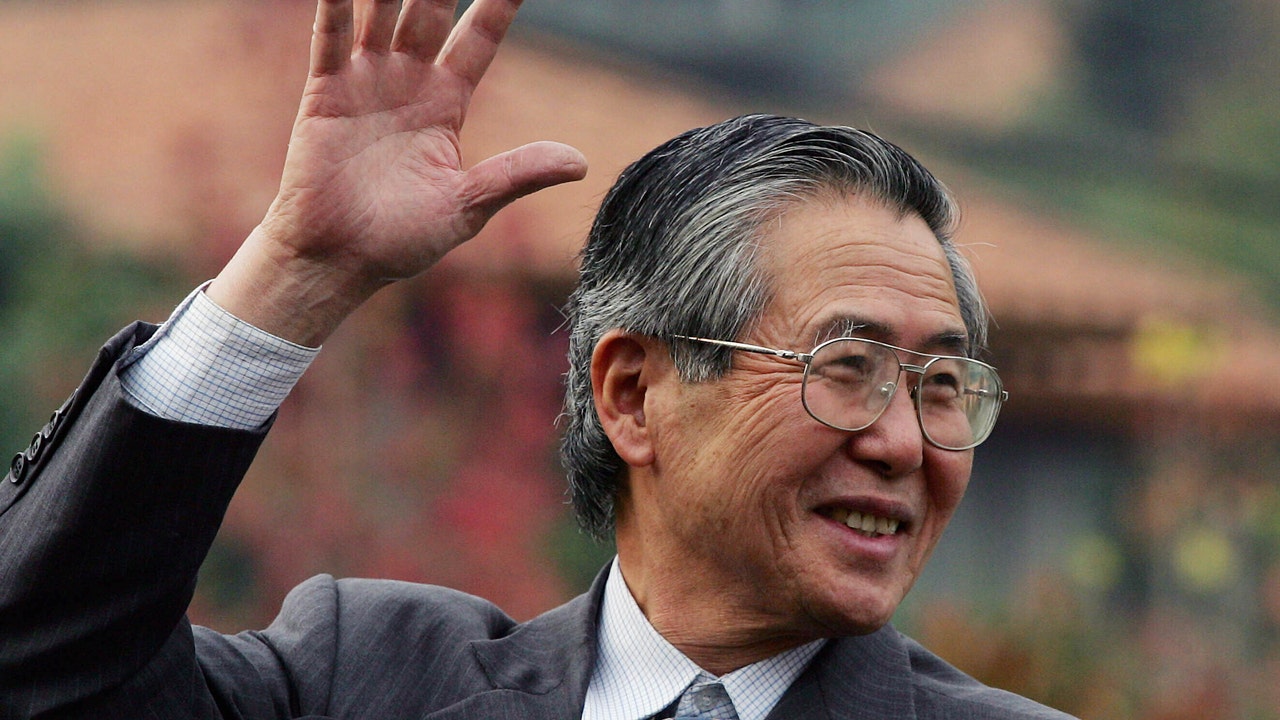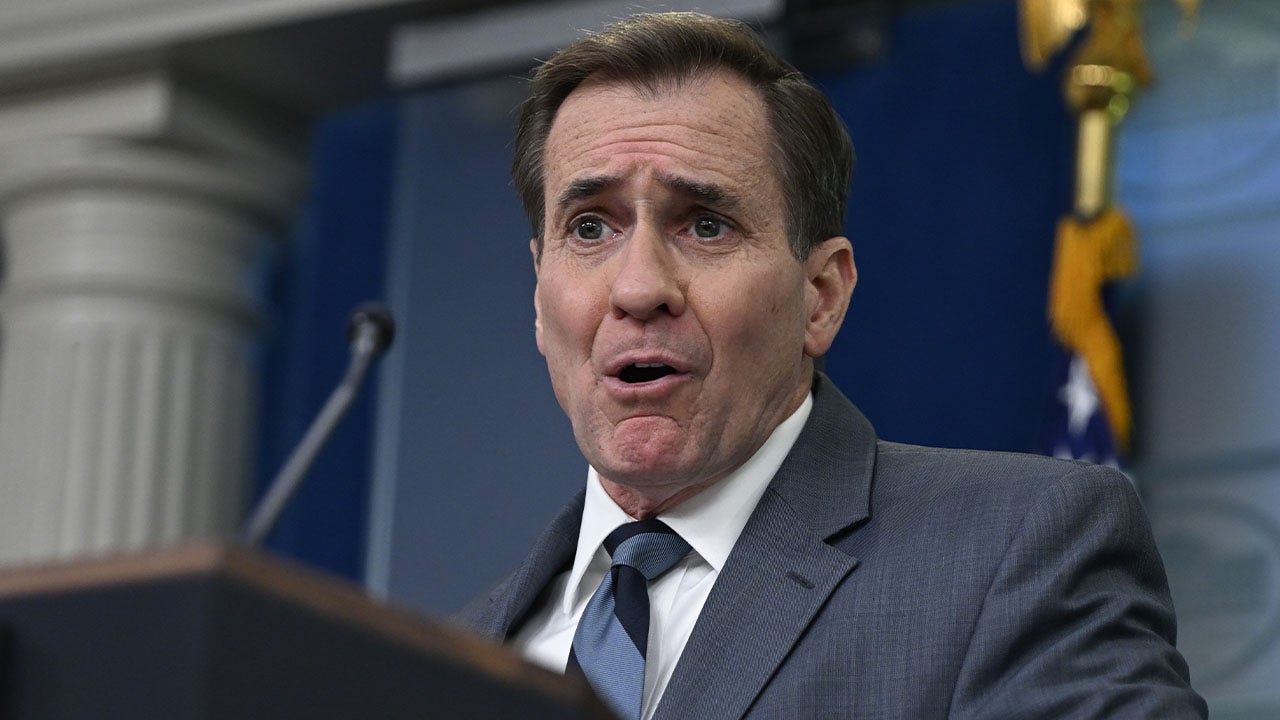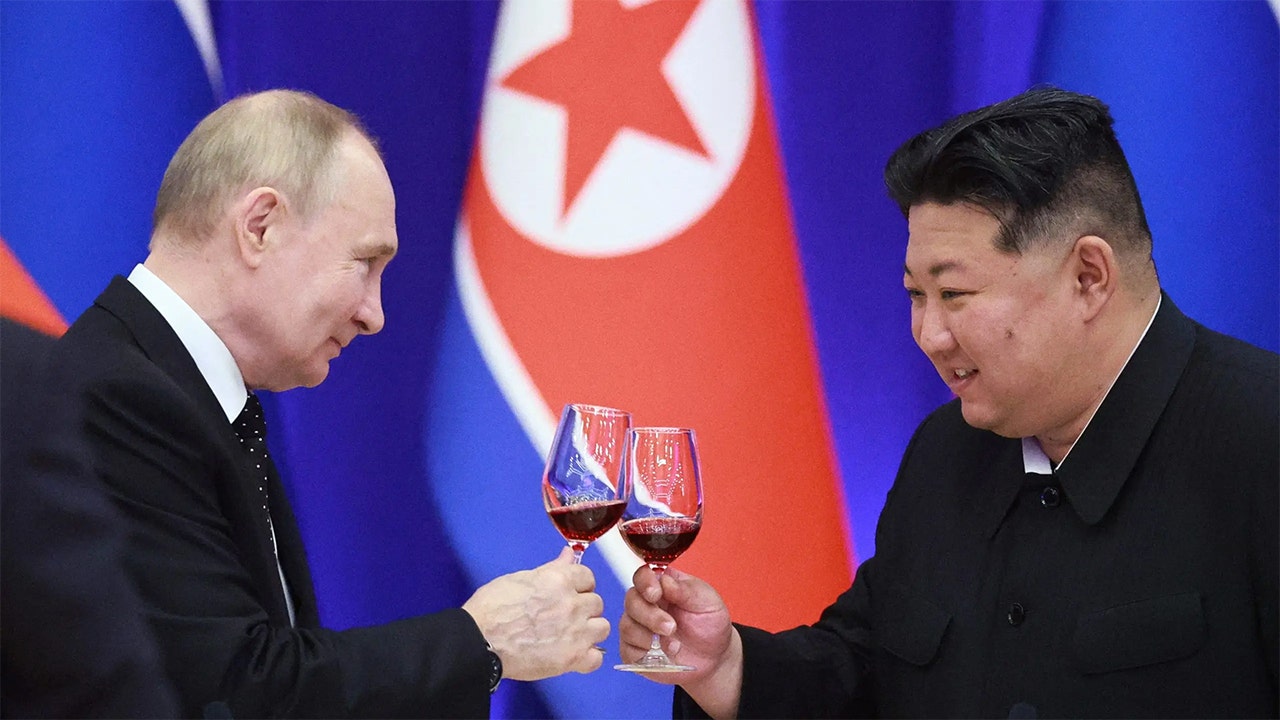Cease-fire talks could restart today
Negotiations for a pause in the fighting between Israel and Hamas could restart as soon as today, officials said. A mid-level Israeli delegation is planning to fly to Cairo for new talks mediated by Egypt, but only if Hamas also agrees to attend, Israeli officials said.
Hopes for a cease-fire were raised after Israel scaled back its demand that at least 40 hostages be released and said it was prepared to settle for 33, in part because it believes that some have died in captivity.
“That makes it a little easier to reach a deal,” Patrick Kingsley, our Jerusalem bureau chief, told us yesterday. “But there are still many stumbling blocks.”
“Hamas wants a truce that gives it a chance of surviving the war as a military force, whereas Israel wants a deal that would allow its army the chance to eventually resume fighting and rout Hamas,” he added. “That’s why Israel wants a short cease-fire, while Hamas wants a longer one that could be dragged out into permanence.”
Yesterday, President Biden called the leaders of Egypt and Qatar as he seeks to increase pressure on Hamas to accept a deal. The moves raised expectations that the two sides might be moving closer to their first truce in months.
Other updates from the war:
-
The Hague: The International Criminal Court is considering arrest warrants for Benjamin Netanyahu, the Israeli prime minister, as well as for Hamas’s leaders, Israeli officials believe.
-
Arab countries: Regional leaders are cracking down on protests, trying to stop pro-Palestinian protesters from criticizing their own governments.
Russia is advancing before U.S. aid can arrive
In the past week, Russia has captured or entered around a half-dozen villages on Ukraine’s eastern front. Moscow is trying to exploit a window of opportunity as Kyiv’s outmanned and outgunned troops wait for the first batch of U.S. military aid.
Military experts have said that Russia is preparing to launch a new large-scale offensive in late May or early June, and that it will press ahead with attacks in the coming weeks.
The U.S. said last week that it would rush the first $1 billion military aid package, which will include shoulder-fired Stinger surface-to-air missiles and other air defense munitions, Javelin anti-tank guided missiles and 155-millimeter shells.
What’s next: Russia may press on toward the eastern city of Pokrovsk, a logistical hub for Ukraine’s military, or try to push north toward Chasiv Yar, a strategic hilltop town that has suffered relentless Russian attacks in recent weeks.
Elon Musk’s business win in China
Elon Musk, the Tesla chief executive, landed a deal that potentially moves the company closer to offering its most advanced self-driving software on cars in China. The timing is significant. Just days before arriving in China to close the deal, Musk identified self-driving technology and artificial intelligence as critical to Tesla’s future.
The deal’s approval would also give him a much-needed win after U.S. regulators on Friday issued a harsh assessment of the system’s safety and performance.
Analysis: China used Musk’s visit to show that it still has leverage with foreign companies reliant on its market. It publicized Musk’s meeting with Premier Li Qiang, China’s No. 2 official, as an example of Western business playing by Beijing’s rules.
MORE TOP NEWS
Cuba’s socialist economy is cratering to its lowest point in decades. To cope, communist leaders are embracing private entrepreneurs, people they once vilified as “filthy” capitalists.
CONVERSATION STARTERS
What makes ‘super-agers’ special?
Scientists have been studying a subset of people they call “super-agers.” Age 80 and older, they have the memory ability of a person decades younger.
A paper published yesterday helps shed some light on what makes them special: Their brains have less atrophy than their peers’ brains do.
Participants were otherwise similar in terms of diet, sleep, career or alcohol and tobacco use. Being a super-ager might just come down to “some sort of lucky predisposition,” or parts of the brain that we don’t yet understand, said Tessa Harrison, a scientist.






